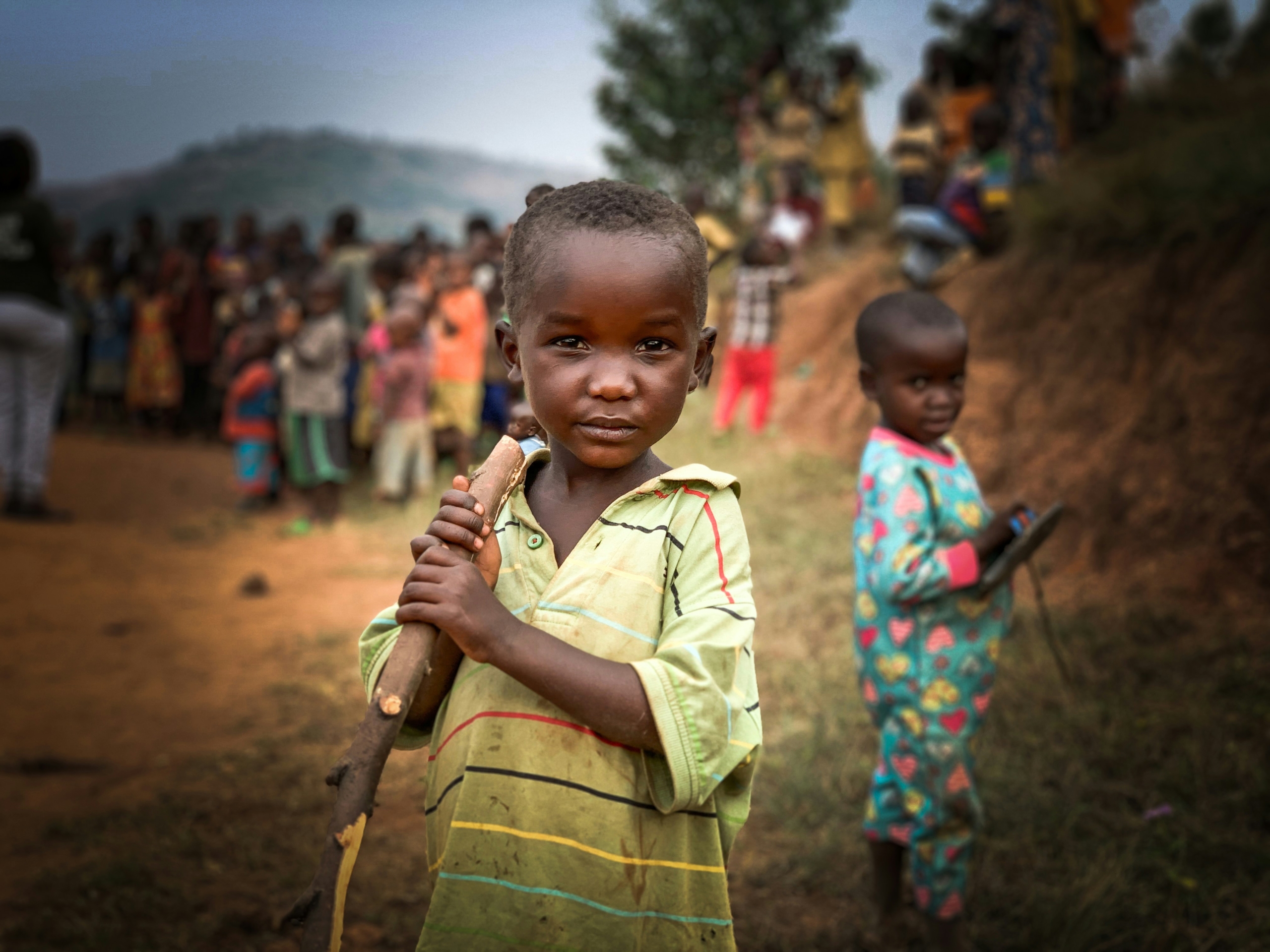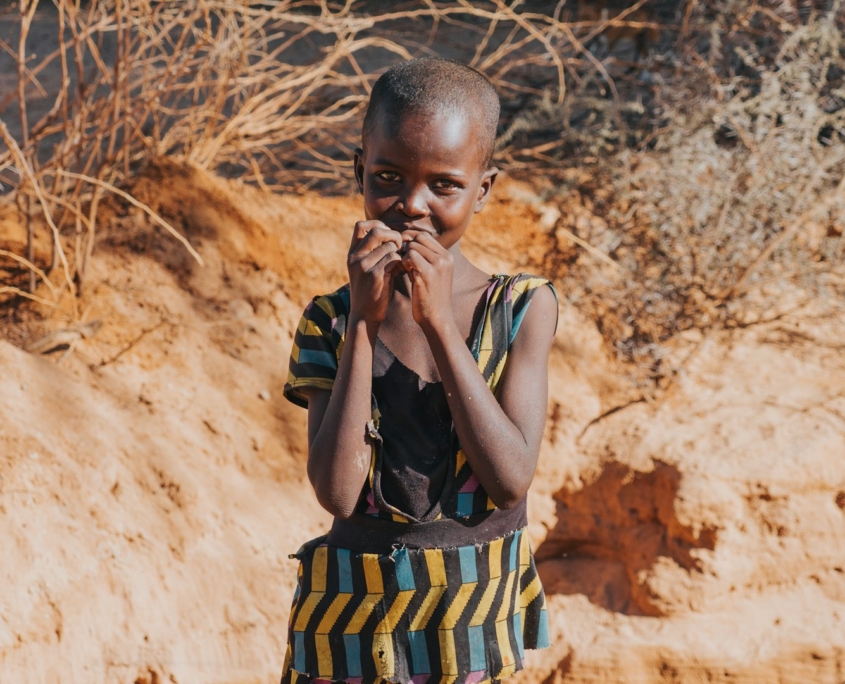 According to ASPEN Network of Development Entrepreneurs (ANDE), small businesses are essential for the growth of the national economy in South Africa. The country’s high unemployment rates stand at 32.1% in 2024. However, ANDE suggests that a small business in South Africa can create jobs, bolster the economy and empower local communities.
According to ASPEN Network of Development Entrepreneurs (ANDE), small businesses are essential for the growth of the national economy in South Africa. The country’s high unemployment rates stand at 32.1% in 2024. However, ANDE suggests that a small business in South Africa can create jobs, bolster the economy and empower local communities.
According to Trade and Industry Policy Strategies (TIPS), about 30% of employed people in South Africa work for a small business. These enterprises have become a significant source of income for many people from marginalized backgrounds. In post-Apartheid South Africa, small businesses face disadvantages compared to larger companies due to the lingering effects of Apartheid policies. Despite these challenges, many Black female South African entrepreneurs, a key demographic in small businesses, have spurred economic growth in South Africa.
Meg and Rose: A Family Enterprise
Meg and Rose, a family-run, female and Black-owned small business in South Africa, is creating positive change in its Cape Town community. Founded by three generations of women—grandmother Rosemary Solomons, mother and company president Meagan Van der Merwe and daughter Zoe Van der Merwe—the business began after a significant life change. When Meagan lost her job following Uber Eats’ acquisition of OrderTalk, a Cape Town-based tech company where she worked, she turned to crocheting, drawing and painting for joy and fulfillment.
Using her artistic skills along with her mother’s sewing expertise and her daughter’s social media management abilities, the trio started selling handmade crochet dolls, home decor and accessories on their Instagram page. Some of their unique products include a customizable hand-painted tote bag priced at 200 South African rands—approximately $10.65 or £8.51—and a crocheted “Melody the Mellow Bunny” doll for R700.
Community Engagement and Customer Relations
Each product from Meg and Rose requires hours of meticulous work, and the company creates every item with love. The Entrepreneurship and Empowerment in South Africa Program, through Boitshoko ke Phenyo Consulting, found that about 95% of the business’s orders come from women in the Cape Town area. As Cape Town residents themselves, Rosemary, Meagan and Zoe have developed and maintained strong relationships with their customers, who are often fellow community members. For instance, they stay in touch with customers, offering congratulations on new babies and checking to ensure that their products are both loved and well-used.
Nonprofit Work
Rosemary, Meagan and Zoe directly alleviate poverty in Cape Town through their nonprofit. They established Mike’s Helping Hands in honor of Rosemary’s late husband, Mike, who was known for his generosity and service to the community. This organization, funded entirely by donations and profits from Meg and Rose, initially aimed to distribute meal kits to those unable to afford food. Mike’s Helping Hands has since broadened its efforts, driven by its mission: “In kindness lies strength, leave no one behind.”
The business’s nonprofit initiative, Dream Day, also supports young impoverished South African women during significant events like prom and graduation by providing dresses at no cost and offering makeup and hair services for only R20. Recently, the organization collected used toys and clothing to distribute to children who lack these essentials. Rosemary, Meagan and Zoe have strengthened their community ties in the collective fight against poverty by encouraging their friends and neighbors to participate.
Inspiring Future Generations
Meg and Rose supports its Cape Town neighbors with hard work, respect and love through its business and ongoing initiatives. Moreover, with its influence as a small business in South Africa, Meg and Rose aim to continue promoting Black female entrepreneurship in the country.
– Estelle Lee
Estelle is based in Seattle, WA, USA and focuses on Business and New Markets for The Borgen Project.
Photo: Unsplash

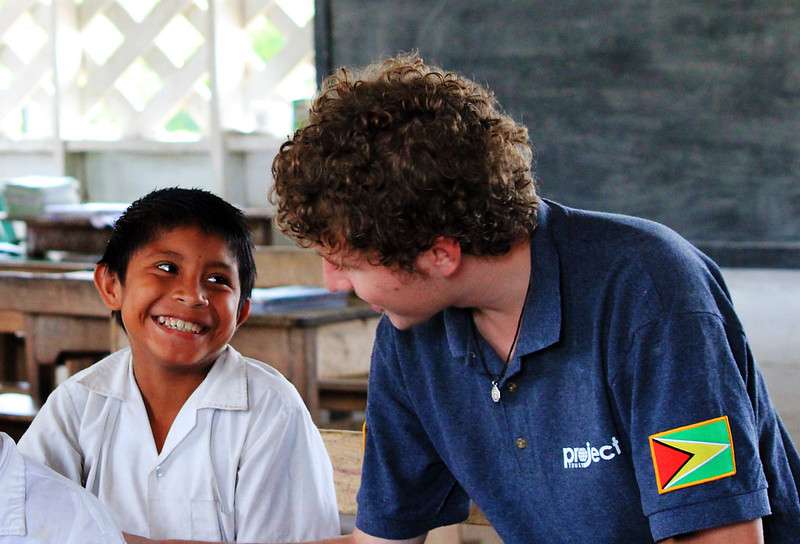 Guyana has made positive impacts in reducing poverty within the country; however, it was once one of the poorest in South America. Due to the
Guyana has made positive impacts in reducing poverty within the country; however, it was once one of the poorest in South America. Due to the 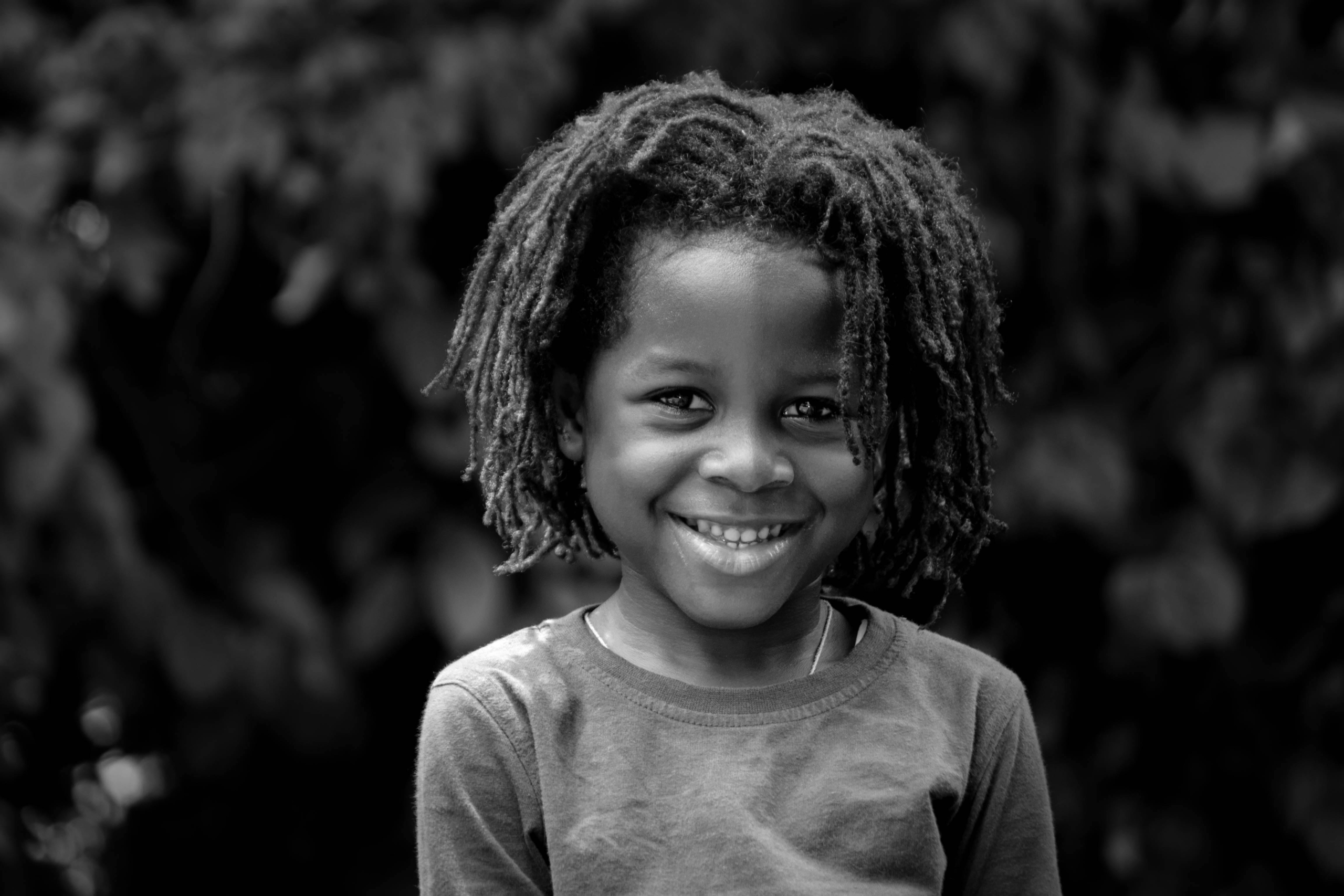
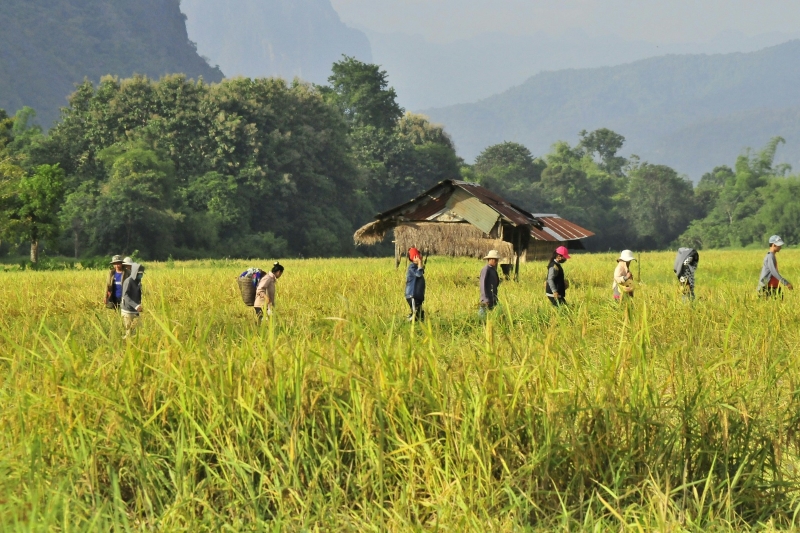 Laos, a country located in Southeast Asia with a GDP of
Laos, a country located in Southeast Asia with a GDP of 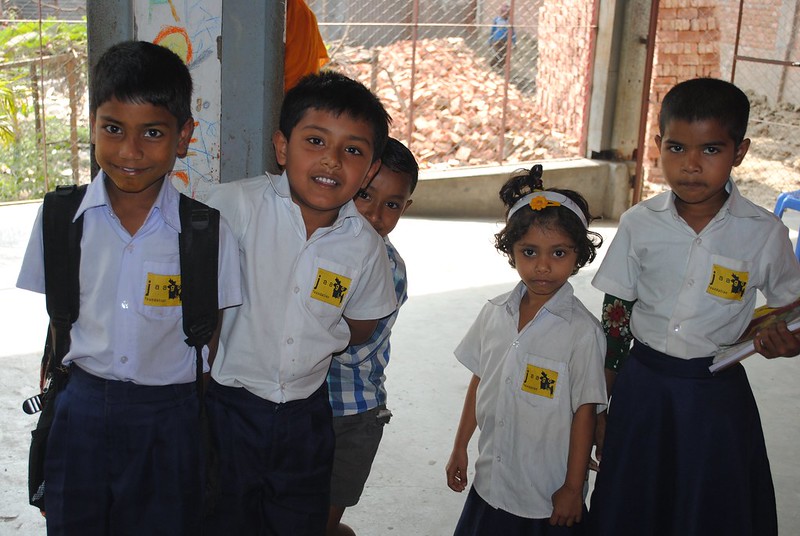
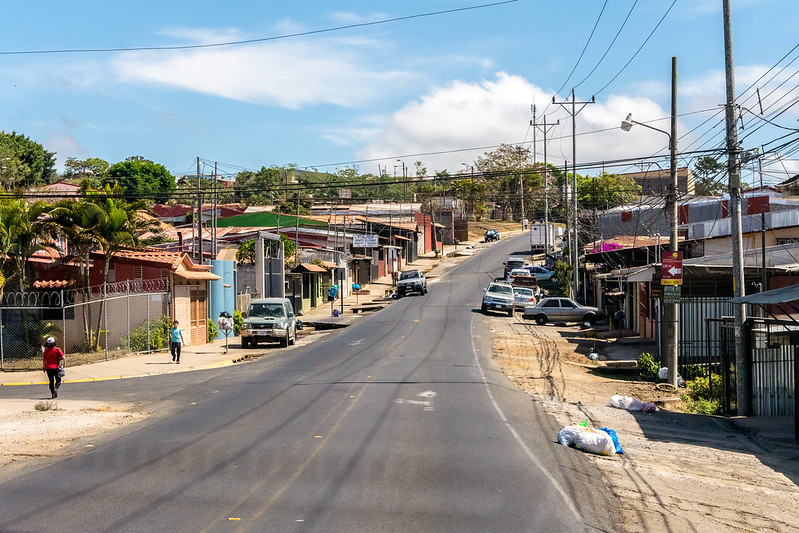 Costa Rica is
Costa Rica is 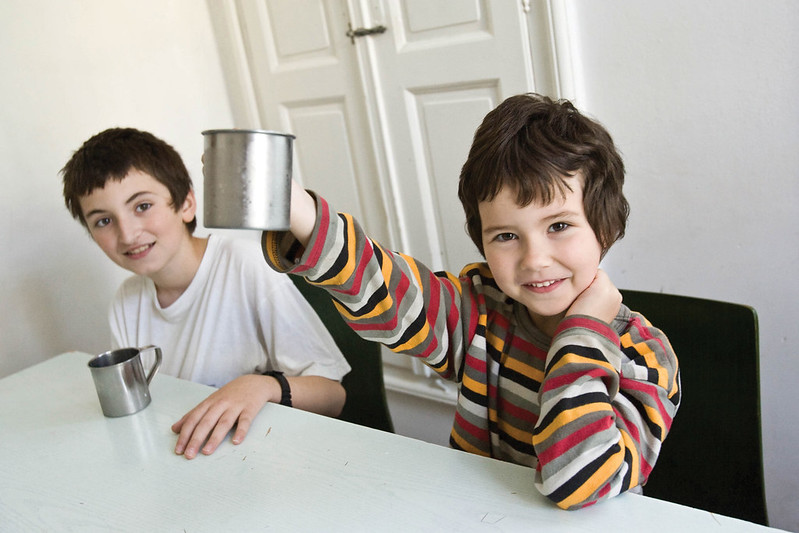 Romania, an Eastern European nation, has seen rapid economic growth since the 2000s, with a
Romania, an Eastern European nation, has seen rapid economic growth since the 2000s, with a 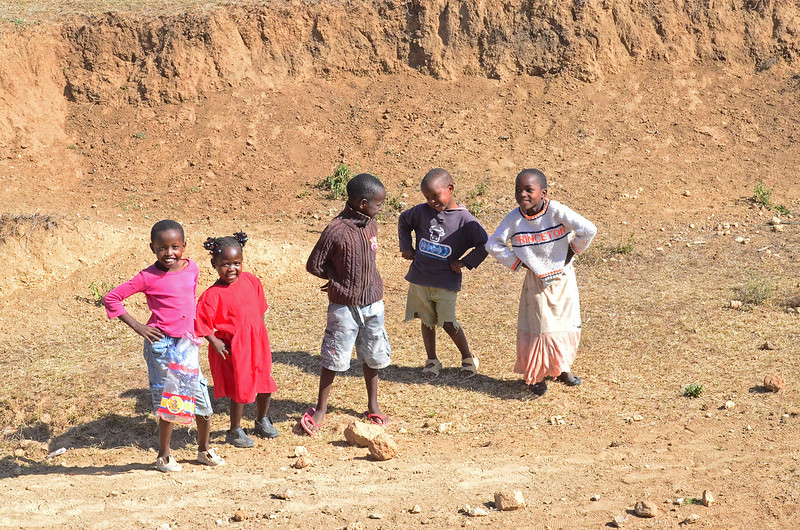 Art therapy emerged as a formal discipline in the
Art therapy emerged as a formal discipline in the 
